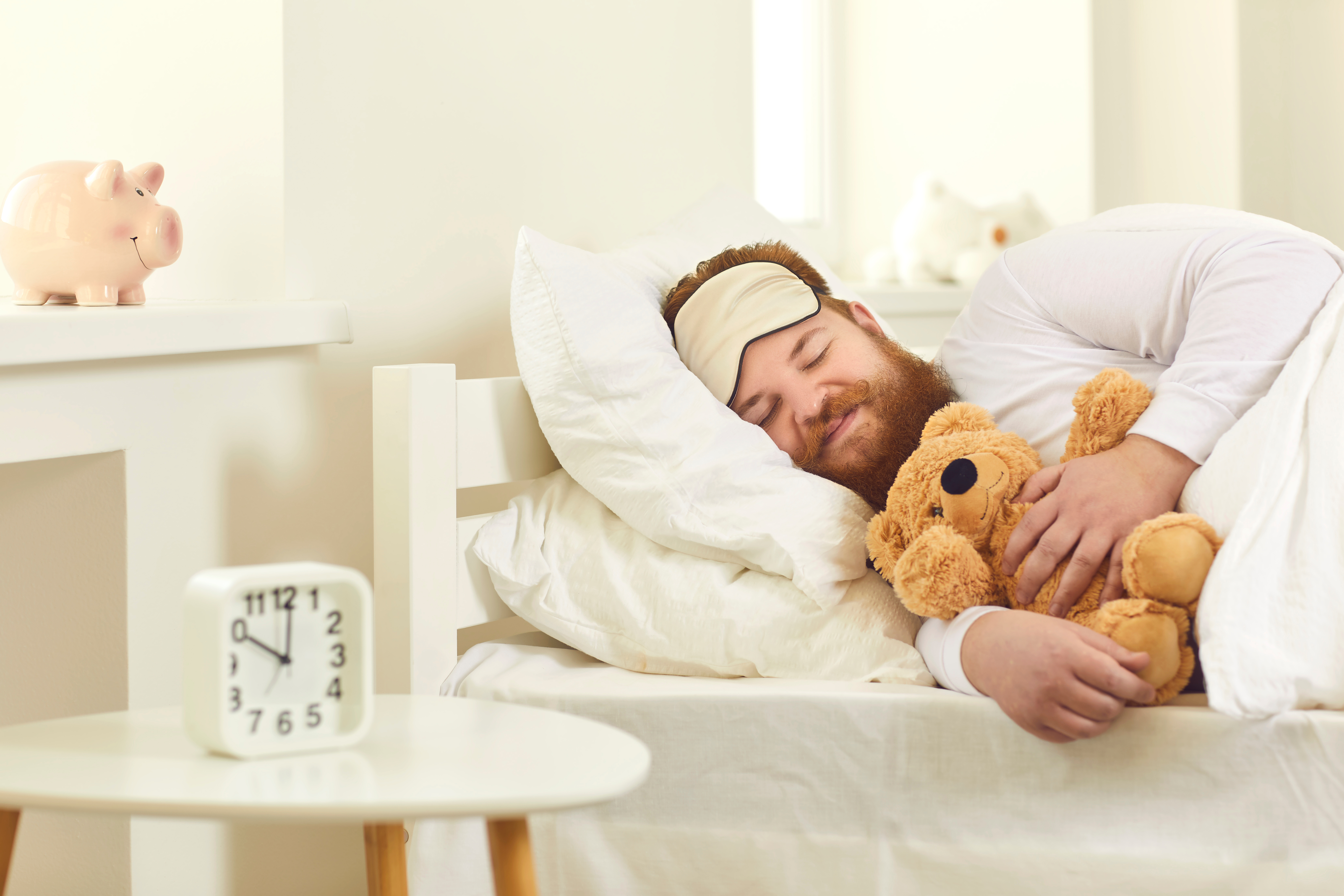Sleep, we all love it at some point, perhaps when you are a child or a teenager you never want to go to sleep, but once you pass that threshold into adolescence, it all changes. Sleep can come in waves. Sometimes it’s great, but sometimes you can’t even remember when you last had a “good night’s sleep”.
I’m sure we have all heard the saying before “I’ll sleep when I’m dead”, but that quote gets old real quick. Not only can lack of sleep impair you, but it can also affect your mental and physical health – both in the short term AND long term.
The amount of sleep you get depending on your age is also very important. Babies, young children and teens require a lot of sleep to support growth and development. As you become an adult, you require slightly less, but getting inadequate sleep over time can raise your risk for chronic (long-term) health problems. It can also affect how well you think, react, work, learn and get along with others.
Lack of sleep will have a negative impact on your entire body, as sleep helps improve your ability to fight disease and boost immunity, it helps your body metabolize vitamins, nutrients and proteins, and it minimizes your chronic disease risk.
Proper sleep can help you with a multitude of aspects. It can also help:
- your athletic ability
- your cardiovascular health
- your concentration and productivity
- your weight maintenance
- reduce inflammation
- your emotions and social interactions
Grogginess is real. Sleep deprivation is real. Those coffee mugs that say “don’t talk to me until I’ve had this much coffee”, are real. You may think you need one of those cups if you aren’t getting enough sleep, but really your coffee in the morning shouldn’t be necessary. With a proper amount of sleep, you should be able to go about your morning and day without a cup telling others when it is okay to talk to you!
What you eat also affects your quality of sleep. Caffeine is a BIG sleep blocker, and caffeine isn’t just in coffee, it is in chocolate too. No more late night chocolatey snacks if you are looking for a good sleep! Watch your refined sugar intake, as well, as sugar can create short-term highs and then your body will crash as your blood sugars try to regulate. Oftentimes, a food journal and recording how you sleep will help you find those foods you need to avoid, if you want to have a solid night’s sleep.
Nobody wants a poor quality night’s sleep, especially when you know how important it is for you in all aspects. Let’s chat about how we can get you sleeping the best you’ve slept since you were a baby! Contact us for some healthy food options to get you sleeping your best!
